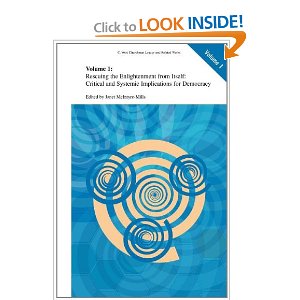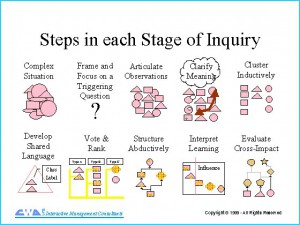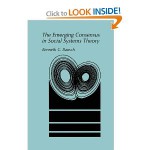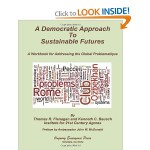Steven Pinker’s new book, The Better Angels of Our Nature: Why Violence Has Declined, is a propaganda windfall for the leaders and supporters of the U.S. imperial state, currently engaged in multiple wars, with over 800 military bases across the globe, asserting and using the right to kill untried “terrorists” any place on earth and still operating a torture gulag abroad and a record-breaking and abusive prison system at home.
It is not surprising that the New York Times greeted the book so warmly, with a flattering front-page Sunday book review by the philosopher Peter Singer, who called Pinker’s tome “supremely important” and a “masterly achievement” (October 9, 2011), along with other positive responses.
It reminds me of the welcome given Claire Sterling’s The Terror Network in 1981, a book that fit so well with the Reagan administration’s attempt to demonize the Soviet Union, with the Soviets allegedly behind the world’s terrorists (who included Nelson Mandela and his ANC, as well as any other resistance movements in the Third World). Sterling’s book was an intellectual disaster and fraud (see the critique in my Real Terror Network), but it was lauded by Reagan era officials and very respectfully treated in the mainstream media.
Pinker works the same track as Sterling. He swallows whole the old “containment” model in which U.S. policy from 1945 was designed to limit the expansionism of the Soviets and China (“The Cold War was the product of the determination of the United States to contain this movement [of the two great Communist powers] at something close to its boundaries at the end of World War II”). Even the huge Vietnam war death toll was, for Pinker, a result of the “fanatical” unwillingness of the Vietnamese to surrender to superior force. (“The three deadliest postwar conflicts were fueled by Chinese, Korean, and Vietnamese communist regimes that had a fanatical dedication to outlasting their opponents.”) This is pretty crude apolo- getics for aggression and mass killing.
There is a major problem for Pinker in the brute facts of a massive postwar global expansion of the United States, its immense military budget, all those bases, NATO’s steady enlargement, and its taking on of “out of area” responsibilities, all despite the disappearance of the main power allegedly needing containment (the Soviet Union).
In three major books during the past decade (Blowback, Sorrows of Empire, and Nemesis) analyst Chalmers Johnson has featured, at length, our “continuous military buildup since World War II and the 737 military bases we maintain in other people’s countries”; the fact that “blowback,” including events like 9/11, is a response to imperial expansion and violence, and that “more than in most past empires, a well-entrenched military lies at the heart of our imperial adventures.”
Pinker deals with Chalmers Johnson and his ilk by the application of the “preferential method” of research, which is his modus operandi across the board. That is, he never mentions Johnson and never addresses his facts and arguments. He also never cites Andrew Bacevich, another outstanding and experienced analyst who gives a lot of weight to the power of the military-industrial complex (MIC), its costliness, blowback consequences, and its threat to a democratic order.
Read full review.
Tip of the Hat to Berto Jongman.
Phi Beta Iota: The intellectual impoverishment of both the media world and the academic world is illuminated here. This book defines the intellectual impotence of the day. Failed states have gone from 25 to 175 in the last three US Administrations; the violence of poverty, disease, unilateral militarism, predatory capitalism, and virtual colonialism are dismissed by this book and this author. We have moved all too far from the Founding Fathers' vision of educated citizenry as a Nation's best defense. We have met the enemy and he is us.








